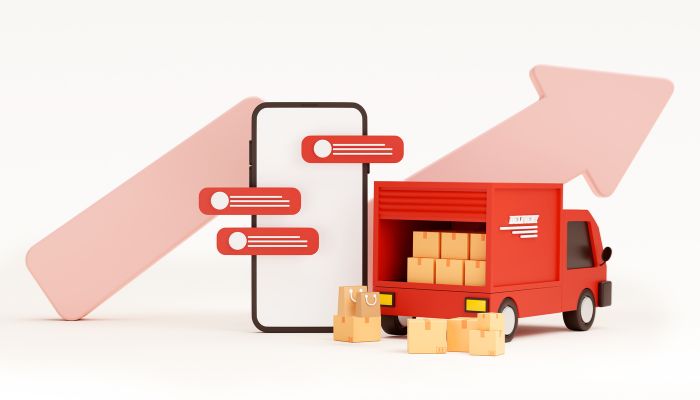Supply chain disruption, primarily related to the pandemic, have had a major impact on almost every company, no matter their size or industry. Having said that, most of these supply chain disruptions were not exactly caused by the pandemic. These were challenges that were already present in the supply chain – the pandemic only amplified their effects. These challenges point towards the problems in relationships with suppliers that companies haven’t dealt with for decades. And these problems have also, in some capacity, caused supply chain disruption.
The pandemic is a one in a century event. So even before the pandemic and after it, companies will have to deal with risks that are directly related to their not-so-good and transparent relationships with their suppliers. What companies, especially manufacturers, need to do to avoid consequences is to be clear and straightforward with their suppliers when it comes to the life cycle, sourcing, and availability of key components and products.
You might also be interested to read: Good Leadership Is Thinking Beyond Success And Failure
Most, if not all manufacturers understand why they need to have a transparent relationship with their suppliers to ensure that product manufacturing and delivery are done as per standards and on a timely basis. However, there aren’t many manufacturers that have a dedicated and well-structured process in place to procure key details regarding supply chain and products from the suppliers. What most companies do instead is either try and collect all the important information on their own or wait for the suppliers to share it with them. When they wait, they lose important time and delay the use of those insights.
On the other hand, when they take the onus on themselves, they run the risk of gathering information that lacks depth. So, most of the time, manufacturers don’t have enough time or information on hand to plan for unpredictable events. What they end up doing is react to those events. According to them, the cost of components and products holds more significance, which leaves them with very less time to deal with supply chain risks.
Not many companies discuss the challenges related to the supply chain with their suppliers. They are mostly worried about fines and penalties while they forget to deal with the root causes that lead to these problems. When these companies ask suppliers for quotes, they usually only look for two things when selecting one supplier over others – lead time and cost. Other important details, such as compliance, sustainability, ethical supply chain practices, and others are completely missed out on.
For things to change, it is important that there is a constant relay of information between companies and suppliers. This will help both the parties to manage the risks that are associated with the supply chain.
The supply chain disruption that has taken place during the last year and a half can impact companies in several different ways. There will be some companies that will consider this as a lesson learned and will push towards strengthening their risk management practices. Others won’t pay too much attention, thinking that the chances of another such event happening in the near future are very slim. This won’t be the right way to go. It is important for every company to plan ahead of time and work together with their suppliers to not let any unfortunate and unpredictable event make matters worse.
Reference: How to Build a Transparent Relationship with Your Suppliers | Harvard Business Review | Farida Ali | September 24, 2021
You might also be interested to read:






